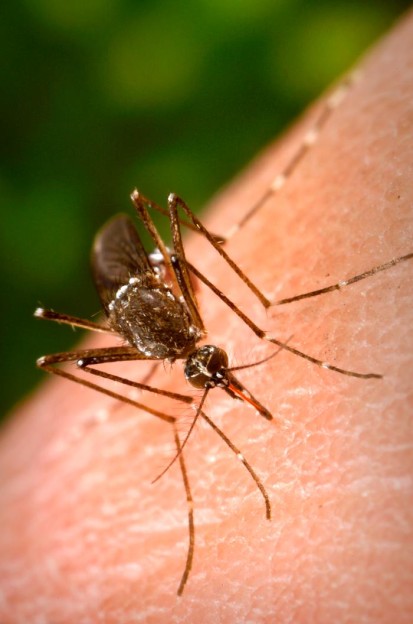By NewsDesk @infectiousdiseasenews
In a follow-up report from Miami-Dade County in South Florida, county health officials issued a mosquito-borne illness alert Friday following the confirmation of the third locally transmitted dengue fever case in 2019.

Two previous autochthonous dengue transmissions were reported in Miami-Dade County, with onsets in March and July. They say the three cases do not appear to be related.
Dengue fever is transmitted by the Aedes mosquito, the same vector of Zika,chikungunya and yellow fever.
“The common symptoms of dengue are fever and one or more of the following symptoms: headache; eye pain (typically behind the eyes); muscle, joint, or bone pain; rash; nausea and vomiting; or unusual bleeding (nose or gum bleed, small red spots under the skin, or unusual bruising). Severe dengue can occur resulting in shock, internal bleeding, and death. If you or a family member develop the mentioned symptoms, visit your health care provider or local clinic”, officials state.
Until 2009, there were no reports of dengue acquired in Florida since 1934. In 2009 -2010, an outbreak of dengue was identified in Key West. A total 22 persons were identified with dengue fever in Key West during the summer and fall of 2009. In 2010, 66 cases of locally acquired dengue associated with Key West were reported in Florida with onset dates between March and November 2010. No dengue cases were reported in Key West after November 2010.
In 2013, Martin County saw an outbreak that involved more than two dozen people.
Health officials remind residents and visitors to avoid being bitten by mosquitoes and to
take basic precautions to help limit exposure.
Introducing New Nighttime Clear Aligners™, only from SmileDirectClub.
To protect yourself from mosquitoes, you should remember to “Drain and Cover”:
DRAIN standing water to stop mosquitoes from multiplying.
• Drain water from garbage cans, house gutters, buckets, pool covers, coolers, toys,
flower pots or any other containers where sprinkler or rain water has collected.
• Discard old tires, drums, bottles, cans, pots and pans, broken appliances and other
items that aren’t being used.
• Empty and clean birdbaths and pet’s water bowls at least once or twice a week.
• Protect boats and vehicles from rain with tarps that don’t accumulate water.
• Maintain swimming pools in good condition and appropriately chlorinated. Empty
plastic swimming pools when not in use.
COVER skin with clothing or repellent.
• Clothing – Wear shoes, socks, and long pants and long-sleeves. This type of
protection may be necessary for people who must work in areas where
mosquitoes are present.
• Repellent – Apply mosquito repellent to bare skin and clothing.
• Always use repellents according to the label. Repellents with DEET,
picaridin, oil of lemon eucalyptus, para-menthane-diol, and IR3535
are effective.
• Use mosquito netting to protect children younger than 2 months old.
Subscribe to Outbreak News TV on YouTube
Tips on Repellent Use
• Always read label directions carefully for the approved usage before you apply
a repellent. Some repellents are not suitable for children.
• Products with concentrations of up to 30 percent DEET (N, N-diethyl-mtoluamide) are generally recommended. Other U.S. Environmental Protection
Agency-approved repellents contain picaridin, oil of lemon eucalyptus, paramenthane-diol, or IR3535. These products are generally available at local
pharmacies. Look for active ingredients to be listed on the product label.
• Apply insect repellent to exposed skin, or onto clothing, but not under
clothing.
• In protecting children, read label instructions to be sure the repellent is ageappropriate. According to the Centers for Disease Control and Prevention
(CDC), mosquito repellents containing oil of lemon eucalyptus should not
be used on children under the age of three years. DEET is not
recommended on children younger than two months old.
• Avoid applying repellents to the hands of children. Adults should apply
repellent first to their own hands and then transfer it to the child’s skin and
clothing.
• If additional protection is necessary, apply a permethrin repellent directly to
your clothing. Again, always follow the manufacturer’s directions.
COVER doors and windows with screens to keep mosquitoes out of your house.
• Repair broken screening on windows, doors, porches, and patios.
Florida reports 1st locally transmitted dengue fever case in 2015 in Broward County
Florida reports 5th locally acquired dengue fever case, 11th chikungunya
Dengue fever in Florida: A few words with Martin County Environmental Health Director, Bob Washam
Chikungunya: Florida reports first locally acquired cases in the US


One thought on “Florida: 3rd local dengue transmission reported in Miami-Dade”